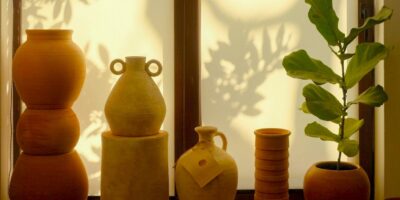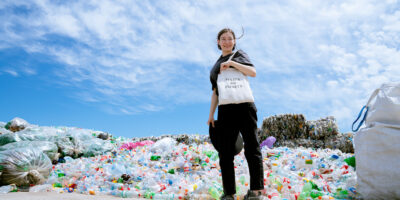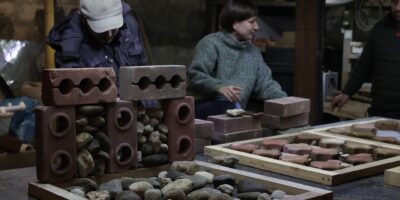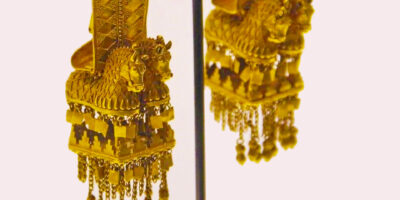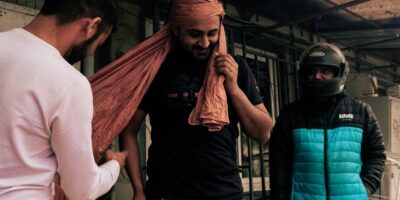The article in Russian is here: Дом в горах Грузии, который стал обителью творцов: опыт Ethno Recreation Tabatadze
![]()
The family started the project in 2020, and even then it was conceived not merely as a renovation but as an attempt to create a space that could interact with its local environment.
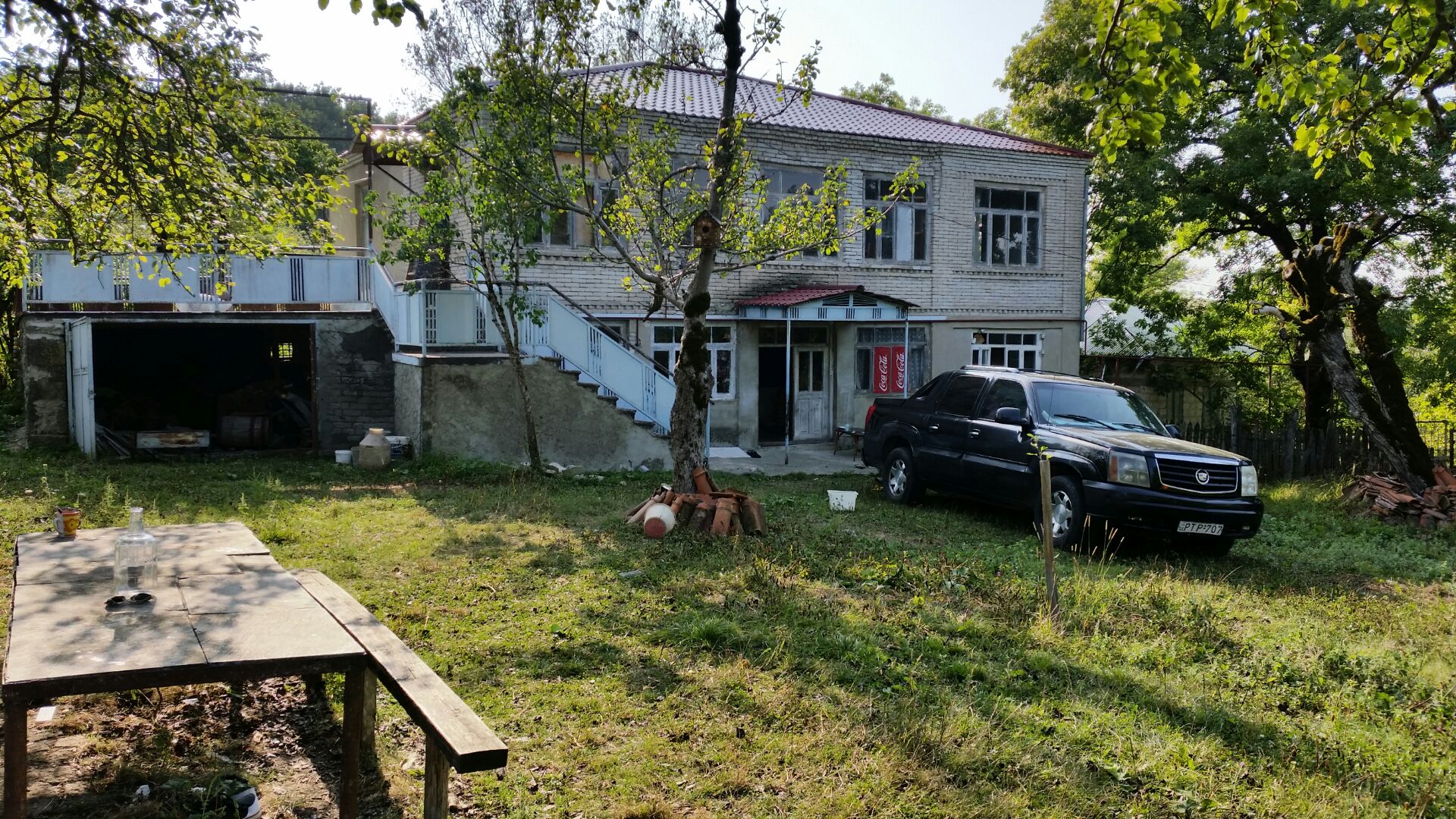
“After spending a longer time in the area, my father Giorgi, co-founder of the residence with his younger son, mother and daughter, came to the idea that this place could offer more than a summer house for our extended family.” Salome recalls.
Two hours from Tbilisi, panoramic views of mountains and forests, rich history — all of this offered possibilities, she says.
“We thought the format of an art residency would let us gather artists from around the globe” she explains. The idea was to create an environment for exploring local and global craft traditions, and approaches to a more sustainable and slow-paced way of life.
Why here
The choice of place was not accidental, Salome says: it was tied to the memory of her ancestors. Most of them were doctors, lived there and served the local community. The family felt obligated to continue their efforts —at least in a new, different form, creating opportunities for economic diversity in the region.
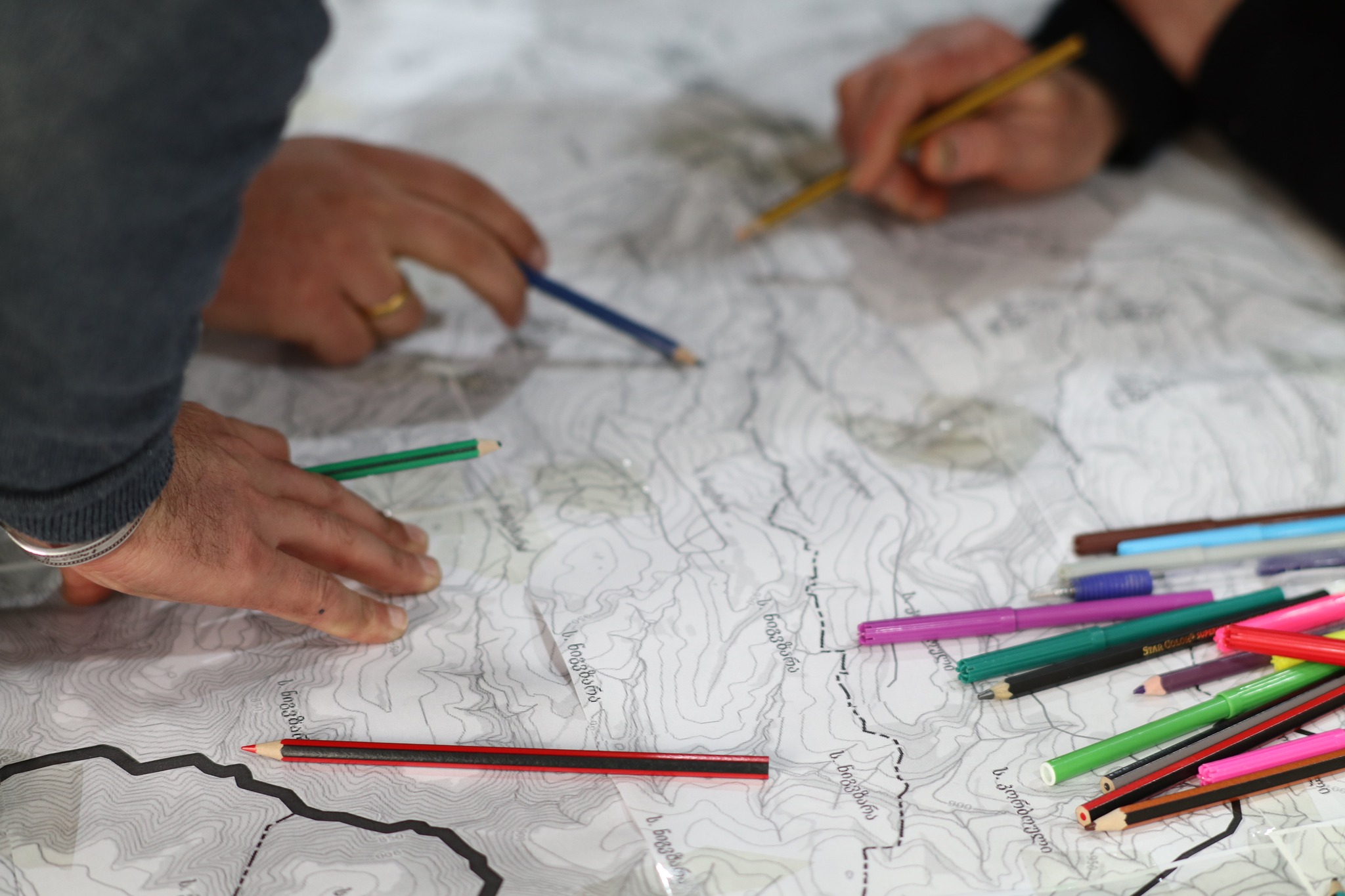
“Urbanisation is becoming a big problem in Georgia because settlers in villages do not have possibilities to establish long-term, sustainable businesses, which are not directly connected to agriculture. It is worth mentioning that people still labour on land with old methods, spending huge energy on hand cultivation, while soil becomes less fertile and families are unable to ensure even basic food security, let alone consider using agriculture as a source of income.”
The main difficulty — building a team
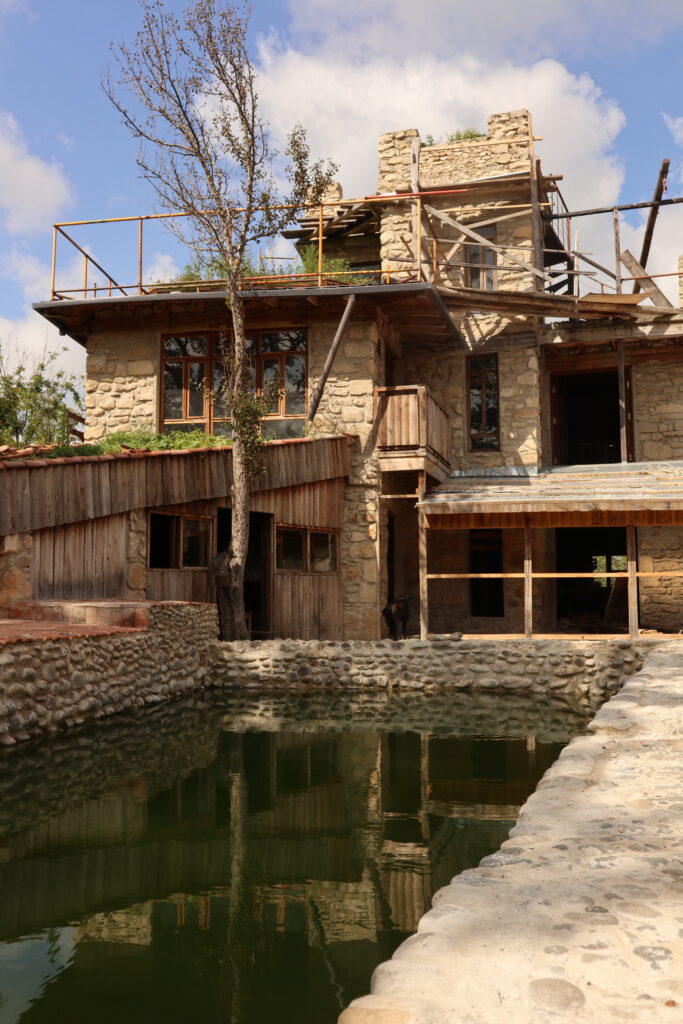 When the project began to take shape, theory collided with reality.
When the project began to take shape, theory collided with reality.
“The biggest challenge, assessed from a far, is building a team and seeing how the community has lost the hope to build a better present and future. We also didn’t have experience in community building, but additionally they refused every initiative we offered them, where their participation was needed.” Salome explains.
She gives a concrete example:
“For example, none of the locals attended a workshop about natural building, which would help them to renovate agricultural or storage buildings, winterize their homes or cut down expenses for new constructions.”
External circumstances added even more pressure: the pandemic and the subsequent economic and tourism crises.
The project’s peak and its main discovery
The turning point came when the residency received a European grant:
“We reached our peak when we got a grant from the Culture Moves Europe program, to research communes and offer ways of economical, social and cultural development based on design products.”
Culture Moves Europe is an EU-funded mobility program implemented by the Goethe-Institut, supporting individual and residential mobility of artists and cultural professionals between countries participating in the Creative Europe program. The program covers sectors such as architecture, heritage, design, literature, music, and the performing and visual arts.
Thanks to this support, the team was able to conduct a two-month study of the village, focused on researching the community and proposing possibilities for economic, social and cultural development through design-based solutions.
Four European artists lived in the house for two months, and together with them the team organised five workshops. “We organized five workshops, where we personally invited every participant, which was a big challenge.”
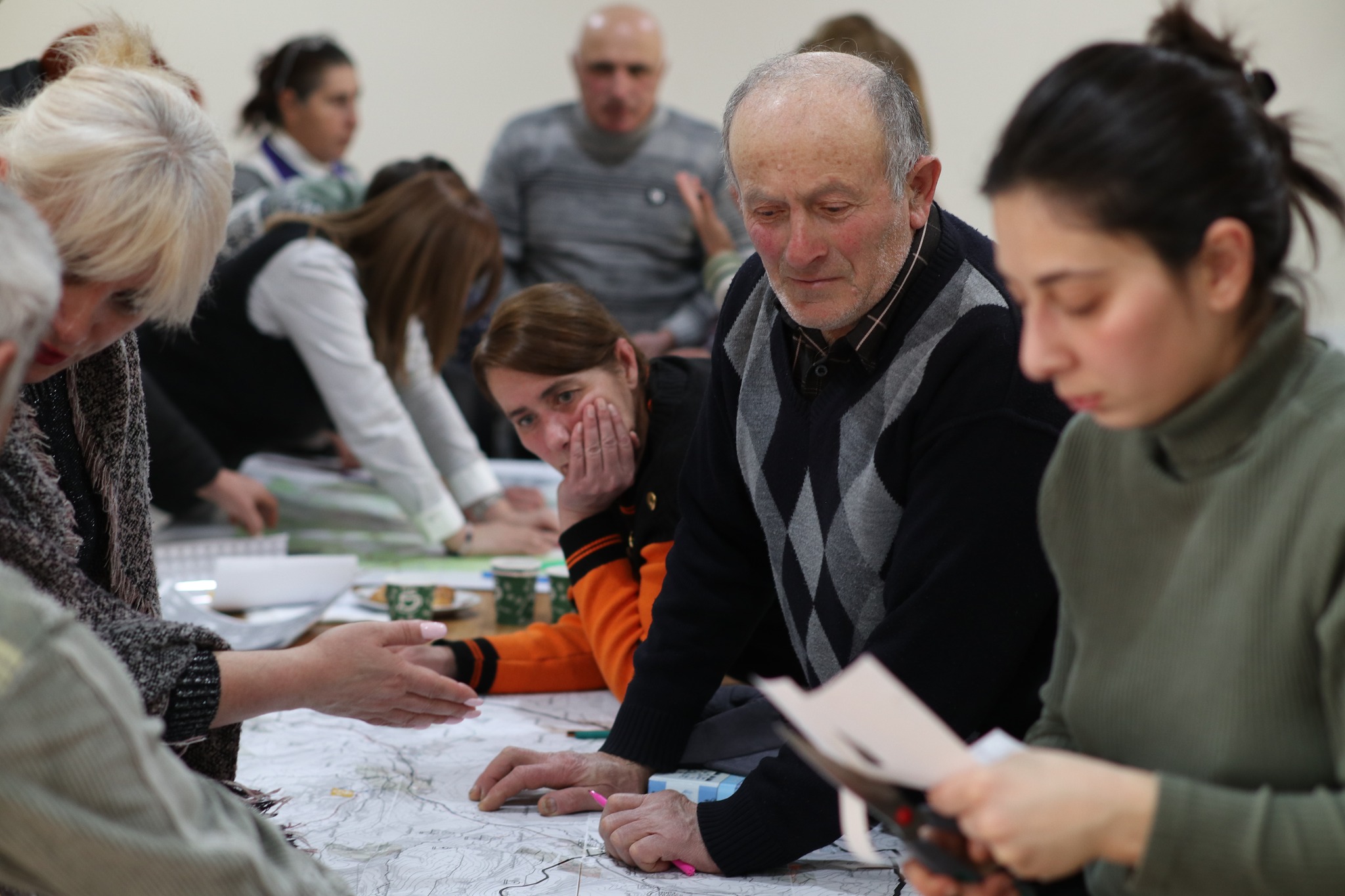
The community research revealed something essential:
“They needed some kind of neutral gathering space, where they could get new information together, watch movies or attend performances given by students.”
This became an unexpected and precise observation: not all villages need business projects in the first place — sometimes they simply need a place for communication and shared knowledge.
Why the project stopped
Gradually it became clear that the family’s internal resources did not match the scale of what they had envisioned. The research conducted under the grant offered an honest conclusion:
“The research project showed we, as a family and managing team, were not ready to continue such activities, as we did not have professional background, collaboration skills between each other.”
A decisive moment came when the residency’s key figure left. Salome, manager of the residency, made the decision, from personal reasons, to move back to Tbilisi. After she left, other family members were unable to take on the same role—not because they didn’t want to, but because the project required specific competencies that weren’t available.
Another obstacle was the cost of materials. Salome emphasises that wood is expensive, and electricity and gas for firing ceramics are even more costly, making local craft workshops uncompetitive compared to Turkish, Chinese or Russian manufacturers.
The residency officially ceased its work in 2024, but the house continued welcoming guests as a guesthouse “where visitors come during the whole year.”
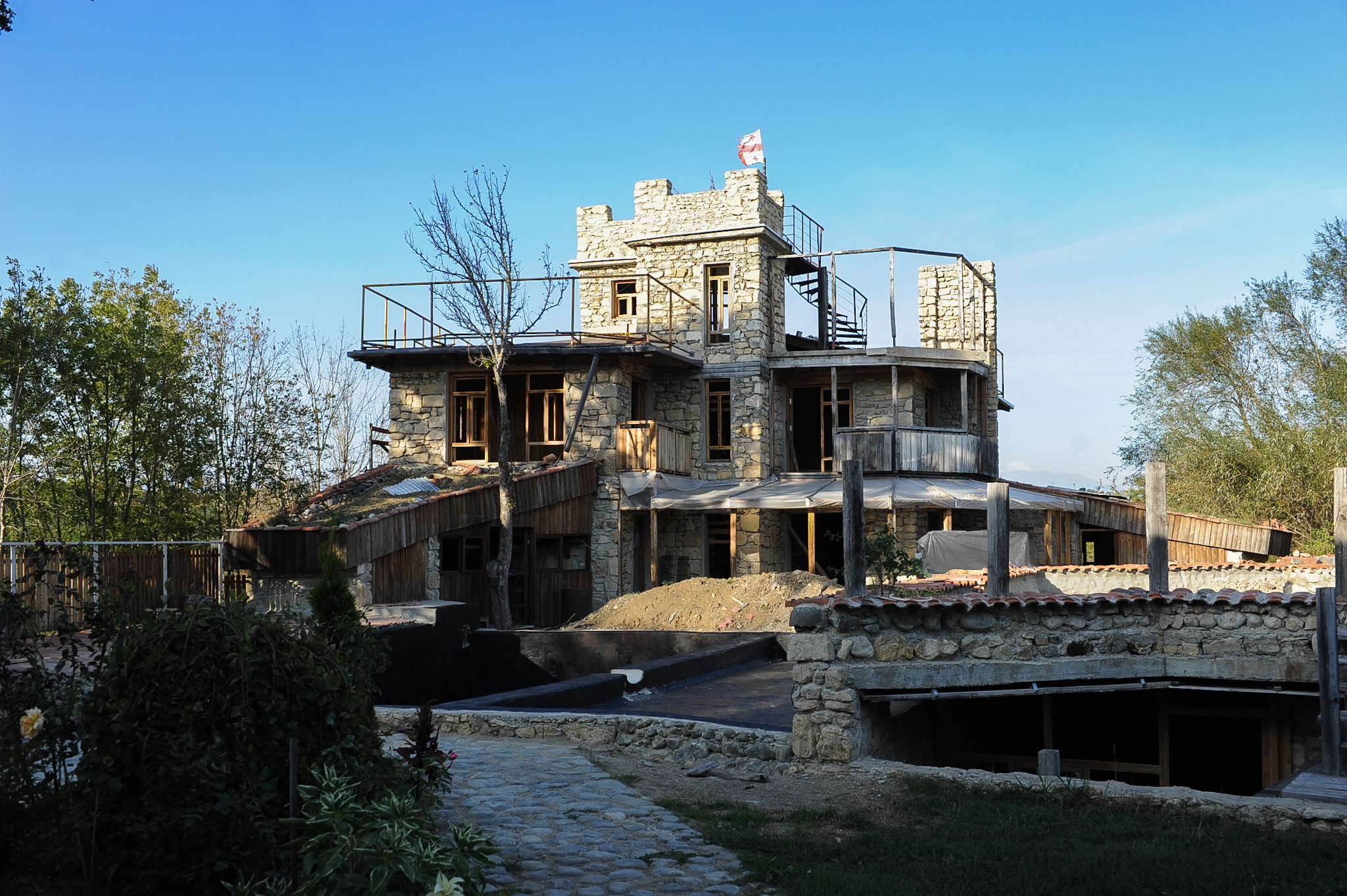
Government support: opportunities exist, but the path is not straightforward
Salome’s experience shows that government support in Georgia does exist, but not everyone is able to benefit from it. Her family did manage to receive meaningful assistance — one of the few bright success stories:
“We have installed solar panels with the financial help of Enterprise Georgia, our share was 15% and they have funded the remaining part, it was a huge help and great push to establish our site as an eco-friendly , sustainable and self-sufficient residency.”
This was a real point of growth — not declarative, but tangible.
But then the conditions changed, and the project faced a new reality: now the required personal contribution is “50%”, and the participation of state programmes is mostly expressed through “debt assurance or reduction of debt interest.” On paper it looks like support, but in practice most families simply do not have the initial resources required to meet these conditions.
Moreover, some mechanisms that were supposed to help small businesses — educational trainings, startup programmes — have begun to disappear.
“Before, more training courses for business plan writing, managing finances and social media were held for the people, who wanted to establish their business or create small guest houses, but as state become more authoritative NGOs who organized such activities are shutting down.”
Yet none of this stops Salome:
“Personally, I plan to continue the residency programme and the project of reviving traditional Georgian crafts in the future — that was our main goal: to combine traditional methods with new technologies.”


